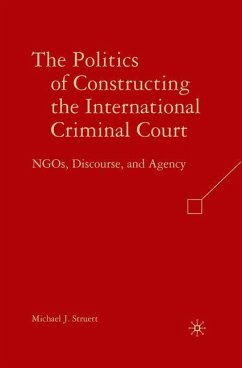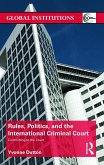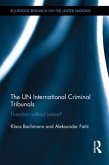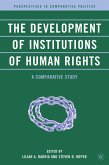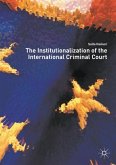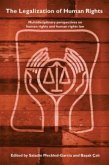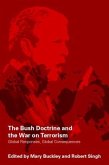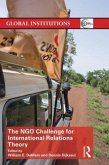This book examines the political process that led to the establishment of the International Criminal Court in 2002. It accounts for the main features of the court, including its strong, independent prosecutor, by analyzing the discourse surrounding the ICC negotiations, and particularly highlights the role of human rights NGOs.
"Michael Struett has written an invaluable assessment of the origins of the International Criminal Court (ICC), one of the most dramatic international legal and institutional innovations of recent times. Struett has placed his finger on an intriguing puzzle: in a world in which sovereign states are presumed to hold all meaningful power, how did non-state actors manage to play such a central role in the creation of the ICC? Struett answers that question in an innovative way. The result is a book that will be indispensable to anyone seeking to understand the birth of the International Criminal Court specifically and the construction of international norms and institutions in general." - Wayne Sandholtz, Professor of Political Science, University of California, Irvine
"The strength of Struett's work is the independent variable, namely non-governmental organizations (NGOs). Most assessments of the ICC either fail to take into account the important role that NGOs played in the courts creation or only make passing reference to them. This book places NGOs at center stage, explaining the Statute's drafting and its entry into force through an assessment of the role of non-governmental organizations." - Jeffrey S. Morton, Professor of International Law & Politics, Florida Atlantic University
"The strength of Struett's work is the independent variable, namely non-governmental organizations (NGOs). Most assessments of the ICC either fail to take into account the important role that NGOs played in the courts creation or only make passing reference to them. This book places NGOs at center stage, explaining the Statute's drafting and its entry into force through an assessment of the role of non-governmental organizations." - Jeffrey S. Morton, Professor of International Law & Politics, Florida Atlantic University

